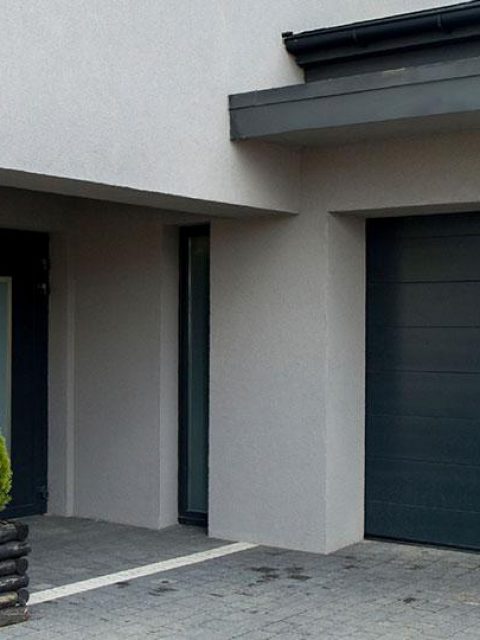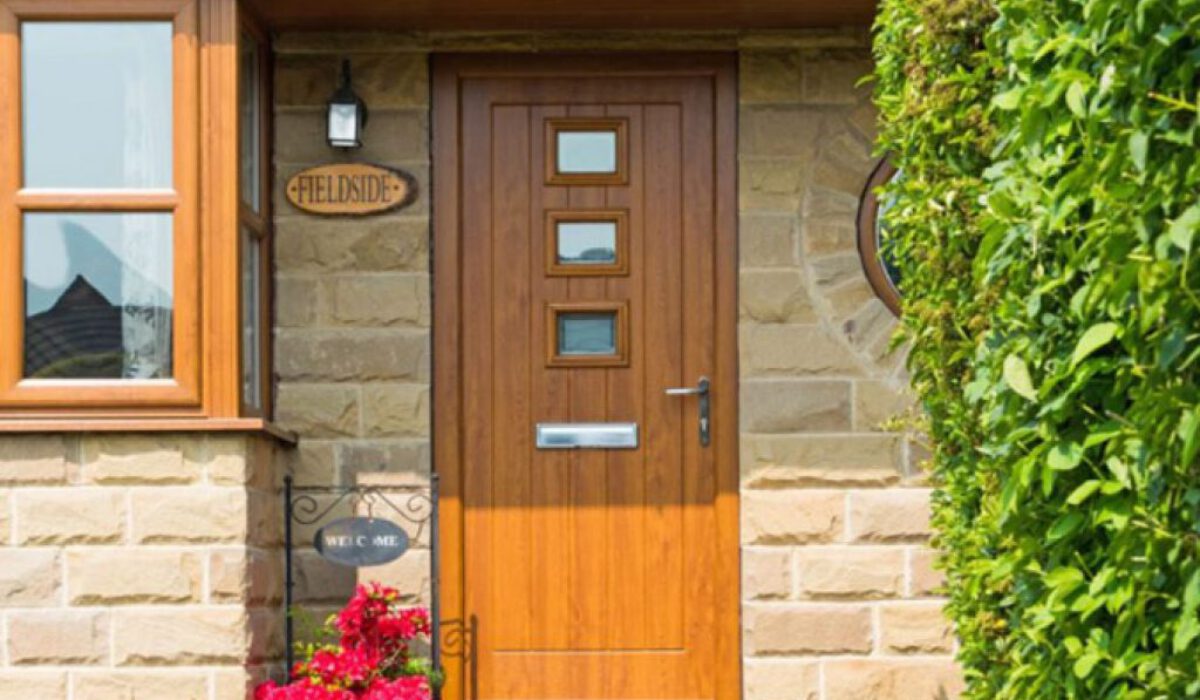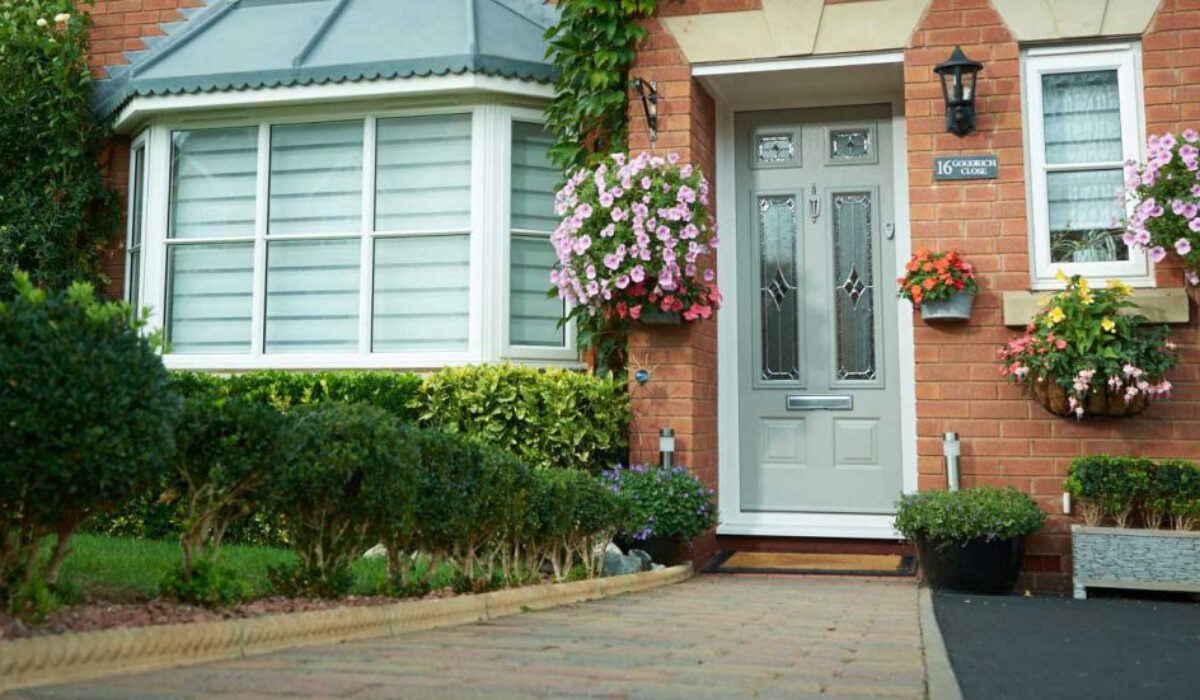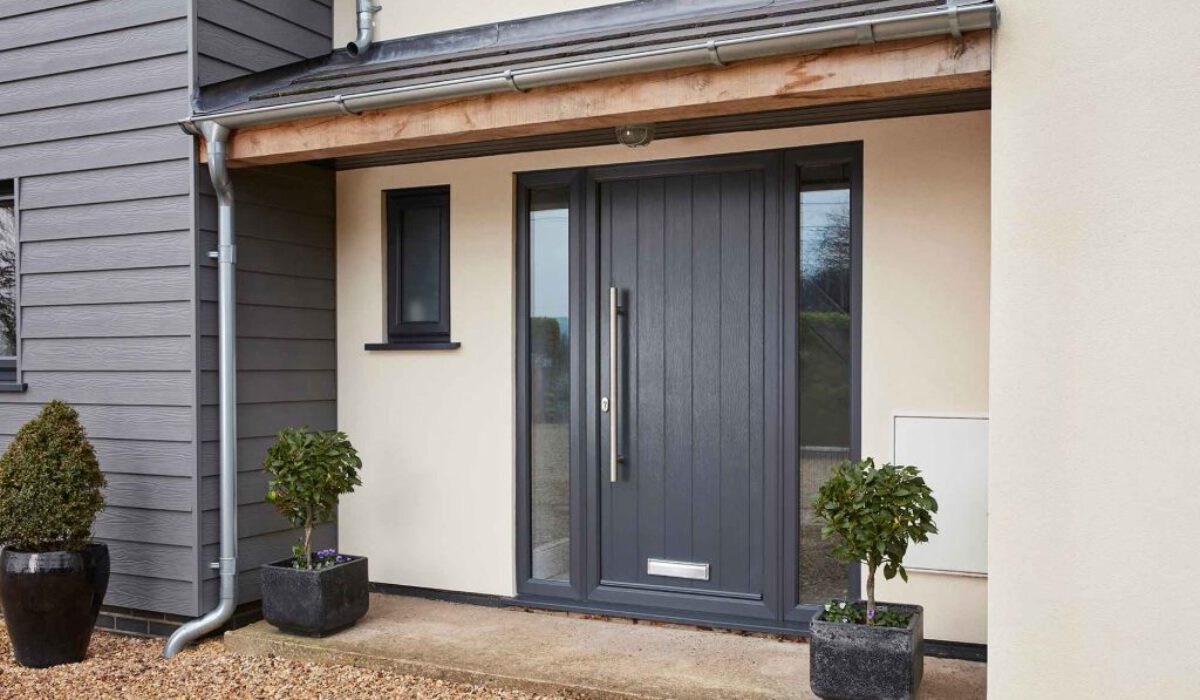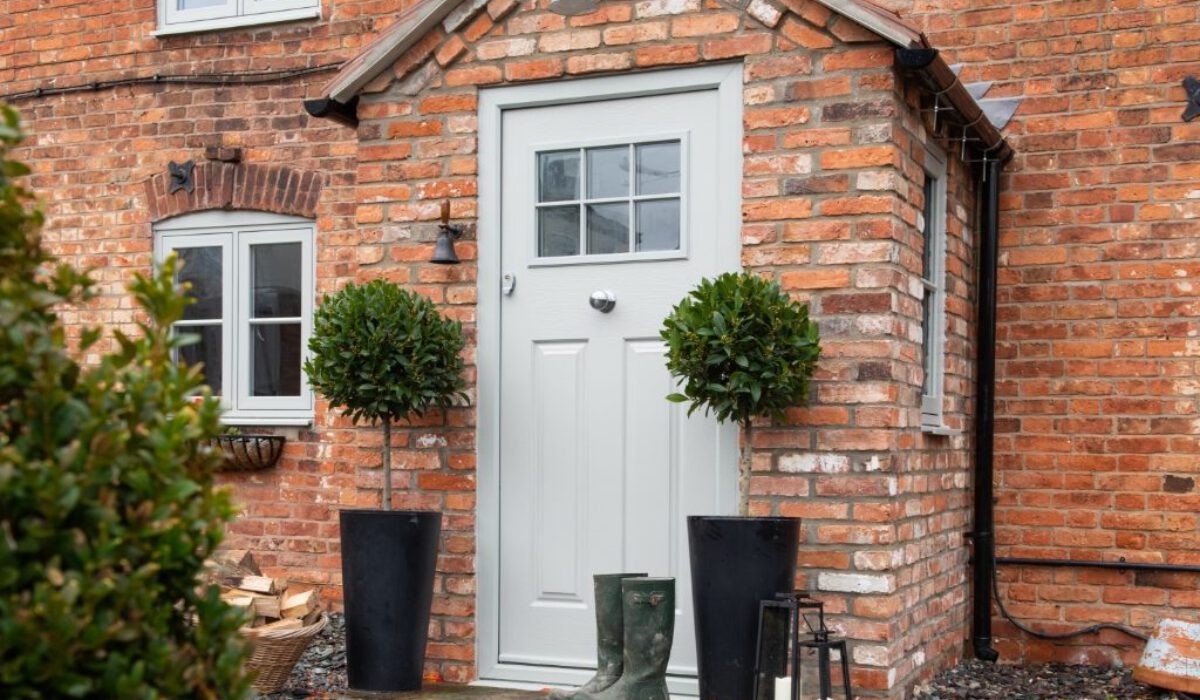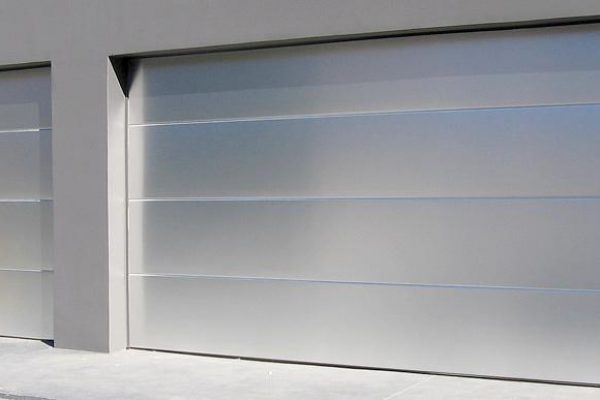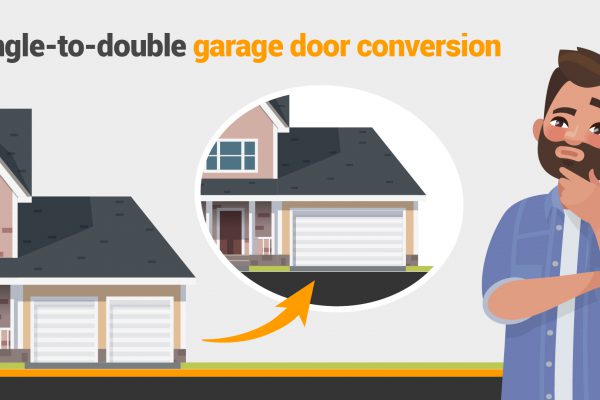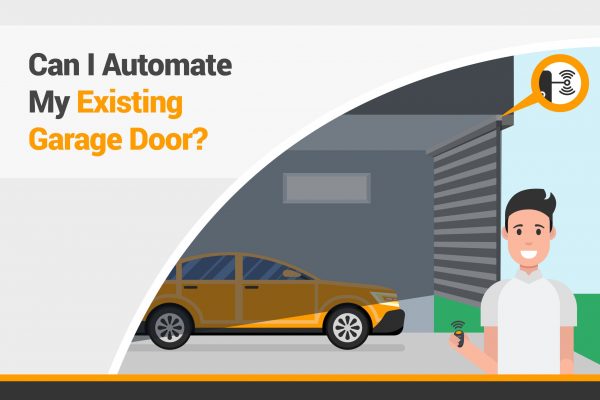Is A Composite Front Door Worth It?
Composite doors are energy efficient, weather resistant and highly secure. They also come with a slightly higher price tag than standard uPVC front doors due to these desirable traits.
In this article, we’ll explore exactly why the benefits of composite front doors make them worth the extra expense — and why they’re the most cost-effective option in the long run.
What is a composite front door?
A composite front door is created by combining several different components or materials to form the final door. The strength and qualities offered by the individual components result in a composite product that is stronger than single-material doors, and this consequently comes with more benefits.
Consult with your chosen composite door provider to enquire precisely which materials the door is composed of as it may vary. Materials found in composite doors can include timber, uPVC, GRP and insulating foam.
Composite front door benefits
The unique makeup of composite doors rewards them with an array of benefits, including:
Strength & security
Crafted from a combination of high-quality materials, including a solid timber core, composite doors are strong and highly secure. When combined with a robust locking system, they offer a decent level of protection for your home.
Thermal efficiency
Composite doors are thicker than other types on the market, giving them greater thermal efficiency and potentially saving you money on energy bills.
Appearance
Composite doors have excellent kerb appeal and are easily customisable with a range of available colours and styles from Doormatic.
Durability
Created from materials resistant to warping, weather damage and general wear and tear, the hard-wearing nature of composite doors makes them durable and low maintenance.
Longevity
The robust and hassle-free nature of composite doors gives them a lifespan of up to 35 years if bought from a high-quality manufacturer.
Following on from the final point, let’s take a closer look at composite door longevity.
What is the lifespan of a composite front door?
The average lifespan of a composite front door is around 30 – 35 years, a good decade longer than uPVC doors which claim an average lifespan of 20 – 25 years. This greater longevity means you won’t have to replace your front door as frequently, making composite a better long-term investment than uPVC.
Composite doors vs uPVC doors
Two of the most common materials for front doors are composite and uPVC — but what makes composite stand out over uPCV? Here are our top three differences.
- Composite is longer lasting than uPVC by almost a decade.
- Composite is far more customisable than uPVC, which tends to come with a white, plastic finish, while colour and style can be personalised with composite.
- Composite is far thicker and has greater thermal efficiency than uPVC, assisting with keeping costs down on your energy bills.
These excellent traits ultimately make composite front doors worth that bit of extra cost.
Are composite doors warmer than uPVC?
Composite doors are known for being thicker than other door types, enhancing the energy efficiency of the product. This means that composite doors naturally retain more heat and are therefore warmer than uPVC doors.
Upgrade your home with secure composite front doors from Doormatic. We stock and install a wide range of styles and colours to suit any property, and each door is equipped with secure locking systems and a 48mm solid timber core for ultimate strength and security. To arrange installation of a high-quality composite front door, get in touch today — we serve homes across London, Surrey, Kent, Berkshire and Buckinghamshire.

About Doormatic Garage Doors
Doormatic Garage Doors is a well-established independent supplier of garage doors based in Guildford, Surrey and Chalfont St Peter, Buckinghamshire.
